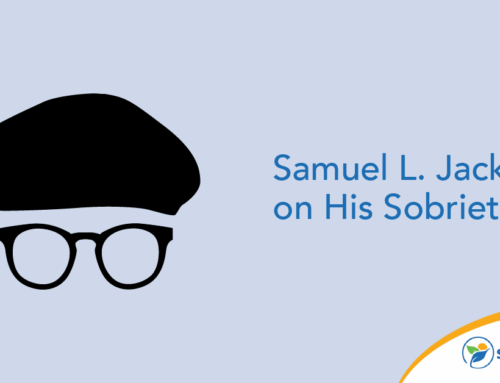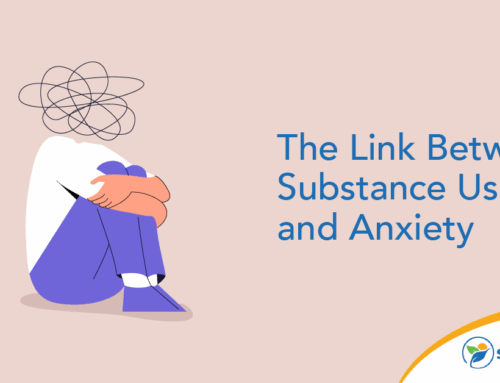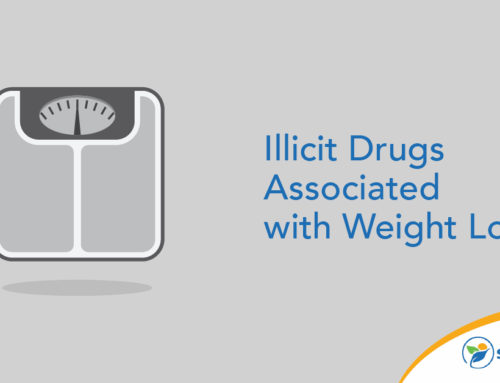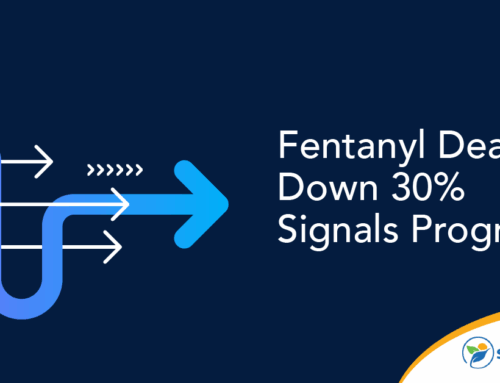On March 5, 1982, 33-year-old actor and comedian John Belushi was found dead in his hotel room in Los Angeles. The cause of death was ruled a result of an accidental drug overdose — specifically a combination of cocaine and heroin known as a speedball.
Belushi’s death shocked his family and friends, and it highlighted the unique danger of combining such dangerous drugs. Still, it did little to dissuade people with serious drug problems. As recently as 2019, the DEA found that incidents involving speedballs were as high as ever and increasing.
Belushi is one of many famous people who died from heroin, cocaine or speedballing. There was no glamour to these situations, which risk death at worst and long-term health consequences at best.
What Are Cocaine and Heroin?
Cocaine and heroin are, individually, serious drugs to be abused. Cocaine is a high-risk stimulant that triggers an elevated heart rate and intense bouts of energy and euphoria. It may be sniffed, smoked or injected, and the rush it causes comes on very quickly and then recedes, leaving the person with a strong urge to use more. Crack is a form of smokable cocaine, which can be almost immediately habit-forming and cause lasting health problems for its users.
Heroin is a powerful opiate-based sedative. Derived from poppy sap, this narcotic depresses central nervous system function and creates a feeling of deep, intense relaxation. This process can go far enough to stop the user’s heart, as well as depressing the body’s ability to breathe without assistance. Like cocaine, heroin is intensely habit-forming, and chemical dependence on it develops very rapidly with regular use. The use of both of these drugs is very heavily restricted in the United States and other countries, such that virtually all possession and use of them outside defined medical settings is illegal.
Why Do People Combine Cocaine and Heroin?
Some people combine heroin and coke in an effort to get the best of both drugs’ effects or to cancel out the adverse effects of each. Because the stimulant and narcotic are largely antagonistic to each other, taking both can potentially combine the euphoria of cocaine without the racing heart with the relaxation of heroin without the loss of consciousness.
It should also be noted that many people who combine heroin and coke do it not for the physiological effects but for social reasons. Among serious drug users, taking a speedball is regarded as one of the most dangerous, and hence impressive, things a drug user can do. For people deep in addiction and the disordered thinking that goes with it, the dangerous practice of combining these two drugs earns a certain amount of “street cred.” As with John Belushi, it’s also common for speedballs to be taken in group or party settings, which adds the element of peer pressure to the user’s decision to do it.
How Do Heroin and Coke Interact?
Heroin and cocaine don’t react well together. Cocaine works by binding to the dopamine transporter, which blocks the removal of dopamine from the synapses, or small gaps between brain cells. Heroin, meanwhile, binds to and activates specific receptors in the brain called mu-opioid receptors (MORs). These two processes in the brain may feel like they’re canceling each other out, leaving a person feeling generally well and unaffected by the drugs they’ve taken. In reality, they’re working as they normally do on different parts of the brain. The canceled-out feeling is actually extremely dangerous, since it motivates people to take more of both drugs on the false assumption that they’re safe from overdosing on either of them.
Short-Term Effects of Combining Cocaine and Heroin
The short-term effects of speedball use are likely to be fatal. This combination of drugs frequently causes death by either suppressing the heartbeat and breathing of the person using them (effectively a heroin overdose) or by causing irregular heart rhythm and heart failure, which is typical of cocaine. Recreationally, the drugs work together to produce a speedy, elated and relaxed feeling that passes after a few minutes to an hour or so. Because of cocaine’s effect on dopamine, users commonly feel the urge to take more drugs immediately after the effects slacken even a little bit.
Long-Term Effects of Combining Cocaine and Heroin
Over the long term, both cocaine and heroin have serious health implications. Cocaine and heroin are both likely to induce addiction, which carries multiple physical, emotional and social risks that get progressively worse with time and with continued use. Using cocaine and heroin together can, over the long term:
- Degrade a person’s overall health
- Damage the respiratory tract from snorting or smoking cocaine
- Cause vein failure or vein collapse from injecting heroin
- Increase the risk of HIV, hepatitis and other blood pathogens
And it always carries the risk of overdose and death, even after years of use.
What Are the Overdose Risks of Combining Cocaine and Heroin?
The risk of overdose from taking cocaine with heroin can’t be overstated. Not only do these drugs carry a significant risk of overdose on their own, but when combined, they inhibit the usual danger signs users rely on to tell them when to stop. Even worse, since around 2012, there’s been an increasing tendency for speedballs to contain some amount of fentanyl, which has become the single biggest culprit in overdose cases in the United States. It’s generally believed that fentanyl is added to heroin to boost its effect or to cocaine to mask its relative impurity — possibly both, which only enhances the risk of overdosing on a speedball.
Famous People Who Died from Heroin, Cocaine and Speedballing
While many more everyday people die from dangerous drug interactions and overdoses every day, celebrity deaths give unprecedented attention to these drugs. Even more dangerously, there’s often a sense of awe or fascination when discussing celebrities who died from cocaine or other drug overdoses, leading people to become interested in these drugs for the stars. Contemporary examples of speedball death among celebrities include not only John Belushi, as mentioned above, but also comedian and actor Chris Farley, actor Phillip Seymour Hoffman, actor and musician River Phoenix, producer and musician DJ Rashad and MLB player Ken Caminiti. Though initially suspected in the death of actor Heath Ledger, neither heroin nor cocaine was found in his autopsy — rather, he overdosed on painkillers and other prescription drugs.
Getting Help With Heroin and Coke
Mixing heroin and coke isn’t something beginner drug users are likely to do, so if you’re doing it yourself, it’s a good sign you have a serious substance abuse disorder. We understand how addiction advances and the toll it takes on lives. Contact Sunlight Recovery today for help before combining cocaine and heroin goes too far for you.







